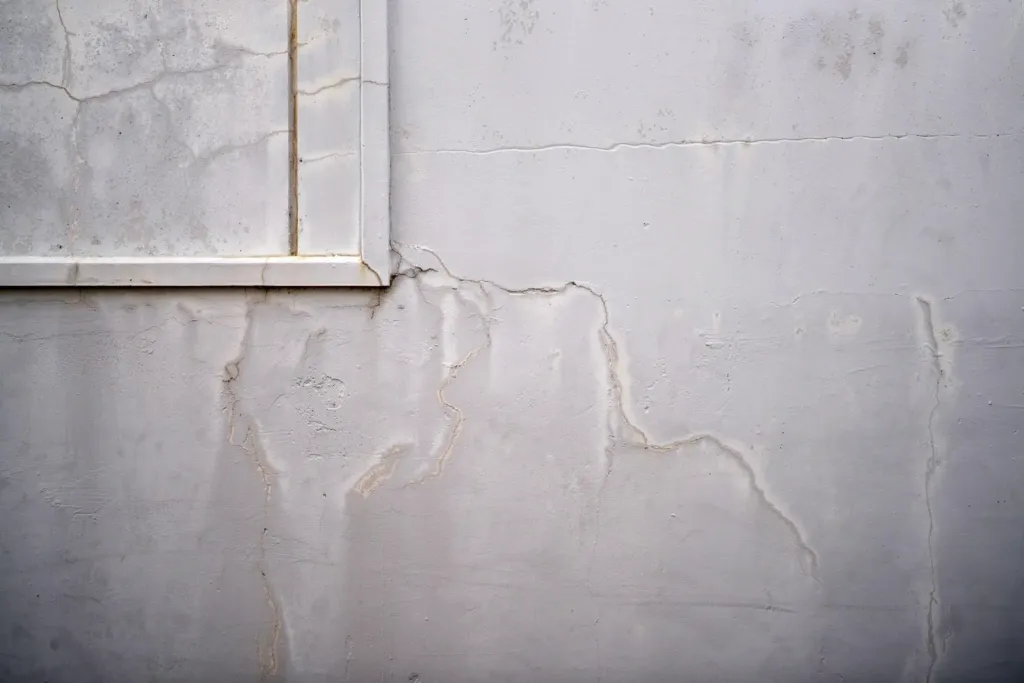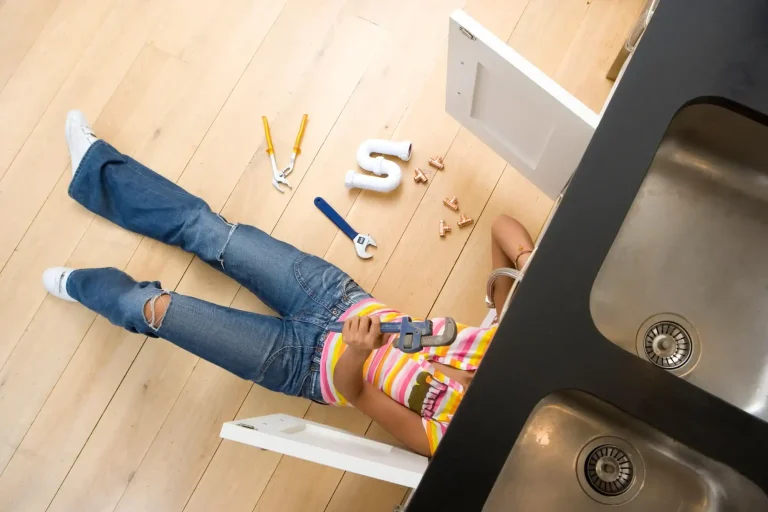Why Prevention Is the Most Underrated Home Upgrade

Ever walked into your kitchen for coffee and stepped into a puddle that wasn’t supposed to be there? You check the ceiling, the dog, and the weather app. Nothing adds up. A random leak has hijacked your morning. Now you’re Googling how to shut off the water, in socks, holding a towel like it’s armor. That’s the kind of moment that makes you wish you’d paid more attention to the “boring” stuff during your last home upgrade.
We often treat prevention like background noise—something hospitals, car insurance ads, and fitness apps talk about. But inside a house, prevention is the one upgrade that doesn’t show off but always shows up. And lately, we’ve needed it more than ever.
Think about what’s changed. Homes are doing overtime. With remote work still going strong, kids learning online, and families spending more time indoors, houses are under pressure. Add aging infrastructure, climate extremes, and supply chain delays, and you’ve got a recipe for domestic chaos. In places like Northwales, PA—where older homes meet new routines—that tension is especially visible. Suddenly, it’s not just about how a house looks. It’s about how long it lasts.
In this blog, we will share why hidden upgrades matter more than flashy ones, how a little maintenance can save you thousands, and why you should always have a good plumber on speed dial when things go sideways.
When Plumbing Becomes a Crisis
If there’s one place where prevention pays off the fastest, it’s the bathroom. Plumbing issues escalate fast and don’t wait for business hours. One faulty seal or ignored backup can go from minor annoyance to full-blown disaster overnight.
That’s why finding a reliable company that specializes in toilet plumbing in Northwales, PA, is one of the smartest moves a homeowner can make. Not just someone who shows up when things go wrong—but someone who can spot trouble before it starts. Local pros know the quirks of older homes in the area, the common pressure problems, and the best ways to work around them without tearing up your entire floor.
The same goes for seasonal checks. Before winter hits, good plumbers inspect for weak pipe joints or areas vulnerable to freezing. In spring, they check for hidden cracks that may have formed when temperatures dropped. These small inspections can prevent expensive repairs later on.
And if you’re thinking, “But it’s just a toilet,” think again. That single unit connects to a complex web of pipes, vents, and water lines. When it fails, the effects ripple through the entire house. And yes, sometimes literally.
What It Actually Means to Invest in Your Home
The word “investment” gets thrown around a lot in real estate. Usually, it refers to things that boost resale value—new countertops, fresh paint, curb appeal. But real investment is about making your home stronger, safer, and more sustainable. That includes the parts no one sees.
Upgrading an old HVAC system, adding sump pumps, or installing leak detectors may not wow guests, but they keep your home functional during the rough moments. And let’s face it, those rough moments are coming more often. With extreme weather on the rise and power grids under strain, it’s not a question of “if” but “when” your home will be tested.
Even simple additions like surge protectors or backup sump battery systems can mean the difference between a minor inconvenience and a major loss. And many of these upgrades qualify for rebates or lower insurance premiums. That’s money in your pocket for doing the responsible thing.
The Big Picture Isn’t Always Obvious
Part of the challenge is mindset. We’re used to fixing things reactively. We wait for the clog, the spark, or the stain before acting. But homes don’t need dramatic failures to give us warning signs. A slight smell in the laundry room, a tiny crack along the ceiling, or a door that sticks—these are whispers, not screams.
And ignoring them often leads to louder problems later.
This is where prevention meets power. It gives you control. Instead of reacting to chaos, you’re staying one step ahead. You’re saving time, stress, and money—not to mention avoiding those “help, it’s 2 a.m. and my ceiling is leaking” emergencies.
In the bigger picture, this matters more than ever. Homeownership is already one of the most expensive responsibilities most people will take on. And with rising inflation and supply shortages, delays in fixing problems now come with longer wait times and higher price tags. Prevention is the rare upgrade that actually gets cheaper the earlier you do it.
How to Get Started Without Getting Overwhelmed
You don’t have to renovate your whole house tomorrow. Prevention starts small.
Walk your property once a season. Look for cracks, damp spots, or places where the gutter spills too close to the foundation. Replace washers before they wear out. Check your water pressure now and then. Know where your shut-off valve is before you need it. These are the kinds of five-minute tasks that turn into five-thousand-dollar savings.
Also, keep a list of local service providers you trust. Don’t wait for a flood to start hunting for a plumber or an electrician. Build those relationships now. Ask neighbors who they use. Read reviews. Call once a year for a checkup. The money you spend on routine maintenance is far less than what you’ll pay if something fails during a busy season.
And here’s a trick: each time you upgrade something visible (like a new sink or a fancy faucet), also upgrade something hidden (like a shutoff valve or insulation). That way, you’re balancing style and strength.
Real Peace of Mind Isn’t Marketed, But It Matters
At the end of the day, a safe home is a better home. Not just in the long term, but every single day. Knowing that your systems are solid lets you enjoy your space without holding your breath every time it rains or someone flushes twice in a row.
Prevention might not sparkle, but it stays solid when the power goes out, when pipes freeze, or when schedules get tight. It lets your home work for you instead of against you. And that, more than granite counters or custom closets, is the upgrade worth bragging about.
So the next time you think about improving your home, ask yourself this: what will matter most when something goes wrong?
If the answer is something you can’t see but really need, that’s where your money should go first.





